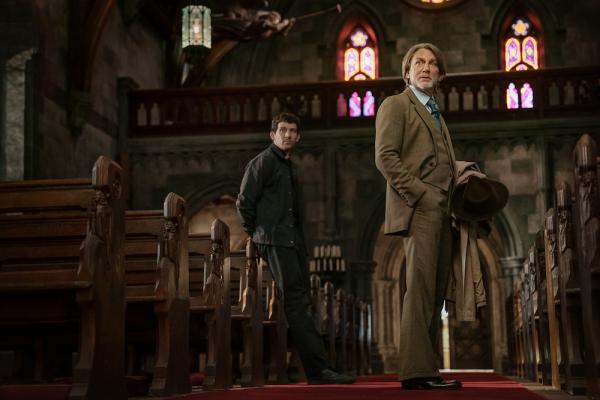Nov 25, 2025
The most powerful moment in Wake Up Dead Man: A Knives Out Mystery isn’t a murder or a big reveal. It’s a phone call.
Father Jud Duplenticy (Josh O’Connor) is trying to help solve the murder of the controversial head priest of his small-town parish, Monsignor Jefferson Wicks (Josh Brolin). Standing in the rectory with private detective Benoit Blanc (Daniel Craig), Jud calls a records office to request information related to the case. The clerk, Louise (Bridget Everett), is overly chatty, much to Father Jud’s annoyance. It seems like she’ll never shut up. But it turns out she, too, has a request. After a few minutes, Louise stops talking to ask, “Father, would you pray for me?”
Read the Full Article

Already a subscriber? Login
